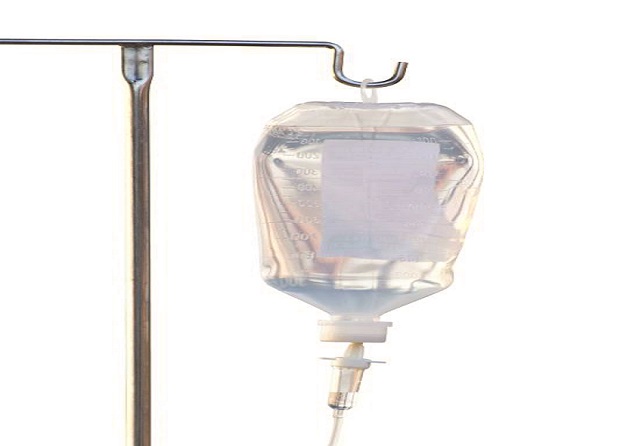Fibromyalgia
Fibromyalgia is a condition which involves widespread body and muscle pain, tenderness, fatigue and unrefreshed sleep, and is often associated with disability, depression and a general reduction in quality of life. It is a problem seen in millions of people around the world, affecting 10 million in the USA and 1.2-2.8 million in the UK (NFCPA 2020). The condition is not completely understood, but it is thought to be the result of disordering changes to central pain processing pathways, which causes amplification of pain signals from all over the body (Marks 2015). Fibromyalgia is usually treated with oral medication and physical and psychological therapies; however, these methods do not always show a satisfactory effect. Oral steroids and non-steroidal anti-inflammatory drugs show almost no relief in most patients. Anti-depressants are often prescribed as they bring some relief, although their use can cause adverse effects and there is a risk of developing addiction (Goldenberg 1986, Clark 1985, Crofford 2001, Jaeschke 1991, Burckhardt 1992).
Intravenous Lidocaine
Intravenous Lidocaine Infusion is a potential solution for those who find little relief from traditional treatments of fibromyalgia. Lidocaine acts on sodium channels in the nervous system, numbing the hyperactive pain signals which cause widespread body pain characteristic of fibromyalgia.
It is also believed to inhibit the release of interleukin from neutrophils. Interleukins are proteins which stimulate the inflammatory response. Hence, their inhibition can reduce peripheral inflammation (Oliveira 2010).
The procedure is performed under close monitoring of the patient’s ECG,blood pressure and general wellbeing. They are conscious and aware throughout the treatment. This way we can communicate with the patient and understand if the drip can be sped up or should be slowed down.
6 out of 10 patients report a reduction in pain intensity of 70% or more which lasts for any period between 3 and 12 months. 2 out of 10 describe satisfactory pain relief lasting between 3 weeks and 3 months.
Any side effects associated with this treatment only occur when appropriate monitoring is not carried out, or if it is not performed by professional protocol.
With such promising results, IV Lidocaine Infusion can be the next confident step in treating widespread body pain and fibromyalgia and bringing comfort back into people’s lives.

